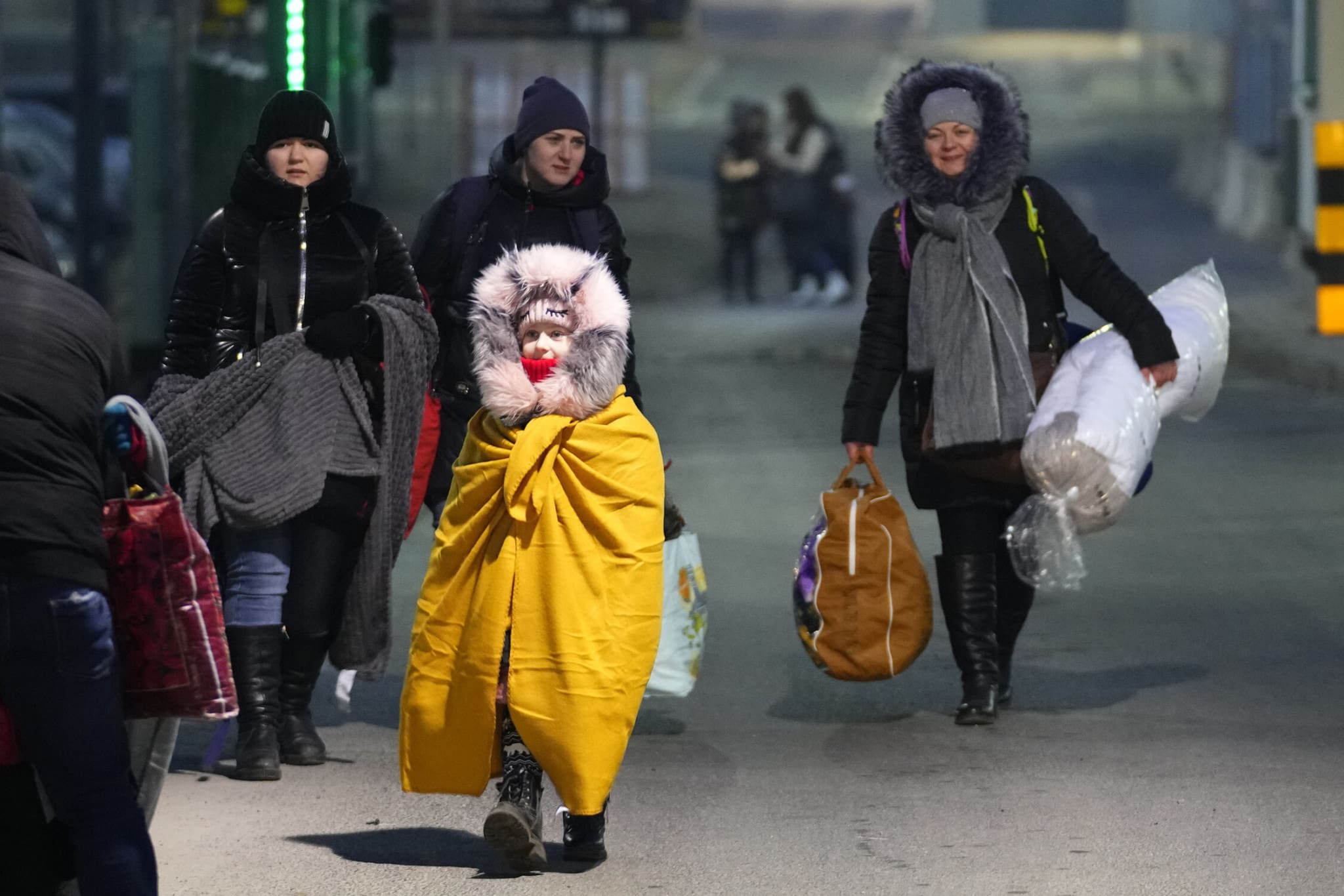According to official statistics, roughly 300,000 Ukrainians fleeing Russian aggression found a home in the Czech Republic this year. Almost half of them use state-paid housing, but that could soon change. By the end of the summer, the interior ministry wants to decide how long it will pay for housing for refugees. After this date, they would have to look for their own accommodation and pay for it themselves.
The state hopes this will also free up accommodation capacity for Ukrainians who arrive in the Czech Republic to escape the country’s bitter winter.
“We would like to declare how long refugees should stay in temporary accommodation,” said firefighter chief Vladimír Vlček. “The decision must be made ahead of time so that they have time to find something. It should be in August,” he added.
Firefighters are part of the interior ministry’s strategic group. This group decides on matters surrounding the refugee crisis and passes on its outputs to Interior Minister Vít Rakušan.
According to Vlček, Ukrainians must stand on their own two feet and seek longer-term accommodation.
“We have not figured it out yet, but I imagine it would be a given time from registration. For example, half a year after the person was registered, he would have to find a place to live. It should apply to all accommodation facilities that the state pays for,” says Vlček.
The state pays out 146 million korunas (€6 million) per month only for solidarity contributions for families that accommodate refugees, and hundreds of millions more for accommodation in hotels and their facilities. At the end of May, managing the refugee crisis amounted to 7.2 billion korunas (€294 million), of which 4 billion korunas (€163 million) went to social benefits.
Rakušan has already stated that the refugees must start arranging their accommodation as soon as possible. According to him, this would allow them to disseminate more evenly across the country, as it will motivate them to move to cheaper locations.
However, the specific outlines of the new strategy are not yet clear. According to Vlček, it has not been decided yet how the deadlines would be dealt with for seniors or mothers with children.
According to Andrea Krchová from the Consortium of Non-Governmental Organizations Working with Migrants, many of those disadvantaged in the labor market do not have a chance to save cash to use as a safety net. According to her, it is premature to talk now about when the state will stop providing housing.
As the governor of the Liberec region, Martin Půta, pointed out, even those who work often have below-average wages and cannot afford to pay commercial rent.
“Furthermore, only a quarter of refugees have a job. Many of them cannot even find one because they are taking care of children,” Půta said.
“I believe we should help, especially the new arrivals fleeing the war,” claimed the governor of the Pardubice region, Martin Netolický. “Half a year is enough time for adaptation. That means finding a job and accommodation. The Czech Republic can help but not pay the costs in the long term,” he added.
The state hopes that thanks to the deadline for the provision of accommodation, refugees would be able to leave their existing one and thus free up capacity for a possible next wave. Experts warn that the arrival of more refugees can be expected before winter. In Ukraine, there is a lack of building materials, repairs are delayed resulting in poor infrastructure, and the country does not know how it will cope with the winter.
“The next wave will certainly come before winter,” warned Martin Rozumek from the Refugee Aid Organization. “Tens of thousands of people could come to the Czech Republic due to unavailable services such as gas, electricity, and heat,” he added.
According to experts, the structure of incoming people may also change. “They may be more traumatized, affected by the war. We also expect the arrival of relatives of people who have already come to the Czech Republic,” said Director of the Association for Integration and Migration Magda Faltová.





